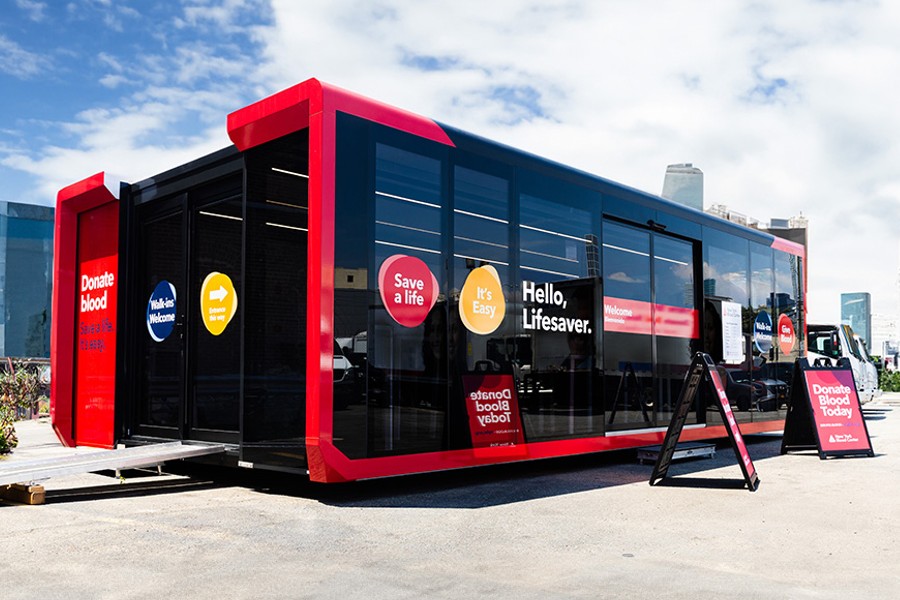
Industrial water treatment is a process that helps ensure that companies have access to clean, safe, and healthy water.
And understanding the basics of industrial water treatment is essential in assisting organizations in managing their resources more efficiently while reducing potential risks from contaminated sources.
Introducing Industrial Water Treatment – Definition and Benefits
Industrial water treatment is a complex practice that requires an understanding of the physical properties of water and its chemical composition. Treatment may involve filtration, sediment removal, sterilization, and other techniques that help improve water usability in the industrial environment. The benefits of water treatment can range from decreased maintenance and downtime expense to increased efficiency across plant operations.
Through industrial water treatment, companies can ensure their equipment runs optimally while providing a healthy environment for staff and customers. It’s an essential part of any industrial operation as it allows businesses to keep their machinery running safely and efficiently–a must for any successful company.
Types of Industrial Water Treatment Systems
Industrial water treatment systems come in many forms, each depending on the needs of the facility they are designed for. Standard procedures include mechanical filtration systems, chemical dosing systems, and membrane separation processes through reverse osmosis and other methods for producing high-purity water.
The Process of Industrial Water Treatment
Industrial water treatment is an extensive process that utilizes different methods to achieve specific outcomes. It usually begins with the physical decontamination of the water, where any visible pollutants like dirt or rust get taken out. Chemical filtration often follows this, which helps remove bacteria and other invisible materials through sanitizing agents such as chlorine.
Lastly, purification processes can further desalinate or break down harmful minerals into harmless elements. Each stage has numerous sub-processes within them, creating a robust system that helps produce safe and wholesome drinking water for human consumption.
Challenges Faced in Industrial Water Treatment
Industrial water treatment is a complicated process due to the variety of potential issues that can arise from dealing with liquid waste. Challenges within the field often depend on the type of industry, ranging from problems like corrosion control to sourcing clean water for production. Other more complex challenges may stem from removing suspended solids, ensuring correct pH levels, and even combating the emergence of bacteria or other disease-causing microorganisms.
Effective industrial water treatment requires professional expertise to remove contaminants without increasing risks to local environments. A thorough understanding of modern technologies and methods is also necessary to overcome these obstacles and ensure that effluents leaving an industrial facility remain safe for human consumption and use.
Choosing the Right System for Your Needs
Choosing the right industrial water treatment system can be a daunting task. With such a wide array of options, deciding which method is best for your specific needs is challenging. Before selecting any treatment systems or technologies, you should assess the quality of your source water and what types of contaminants are present.
A well-designed industrial water treatment system will provide high-quality and cost-effective results. Technology selection is further determined by the desired end product from the treated water, budgeted funds available, environmental concerns, and compliance with regulations.
Maintaining an Efficient Industrial Water Treatment System
you should prioritize regular monitoring and maintenance to keep the system running efficiently. Businesses should inspect equipment and processes, including physical testing of samples, checking to ensure corrective actions are in place, and changing parts as needed. In cases involving open-loop systems such as cooling towers, recirculation pumps must run regularly to cleanse the water.
Industrial water treatment has become essential to modern industry, providing high-quality water for production lines or service processes. It allows enterprises to meet their water needs and comply with regulations while minimizing environmental impact.
This content is part of the HWM Partnership.
Become a Harlem Insider!
By submitting this form, you are consenting to receive marketing emails from: Harlem World Magazine, 2521 1/2 west 42nd street, Los Angeles, CA, 90008, https://www.harlemworldmagazine.com. You can revoke your consent to receive emails at any time by using the SafeUnsubscribe® link, found at the bottom of every email. Emails are serviced by Constant Contact








